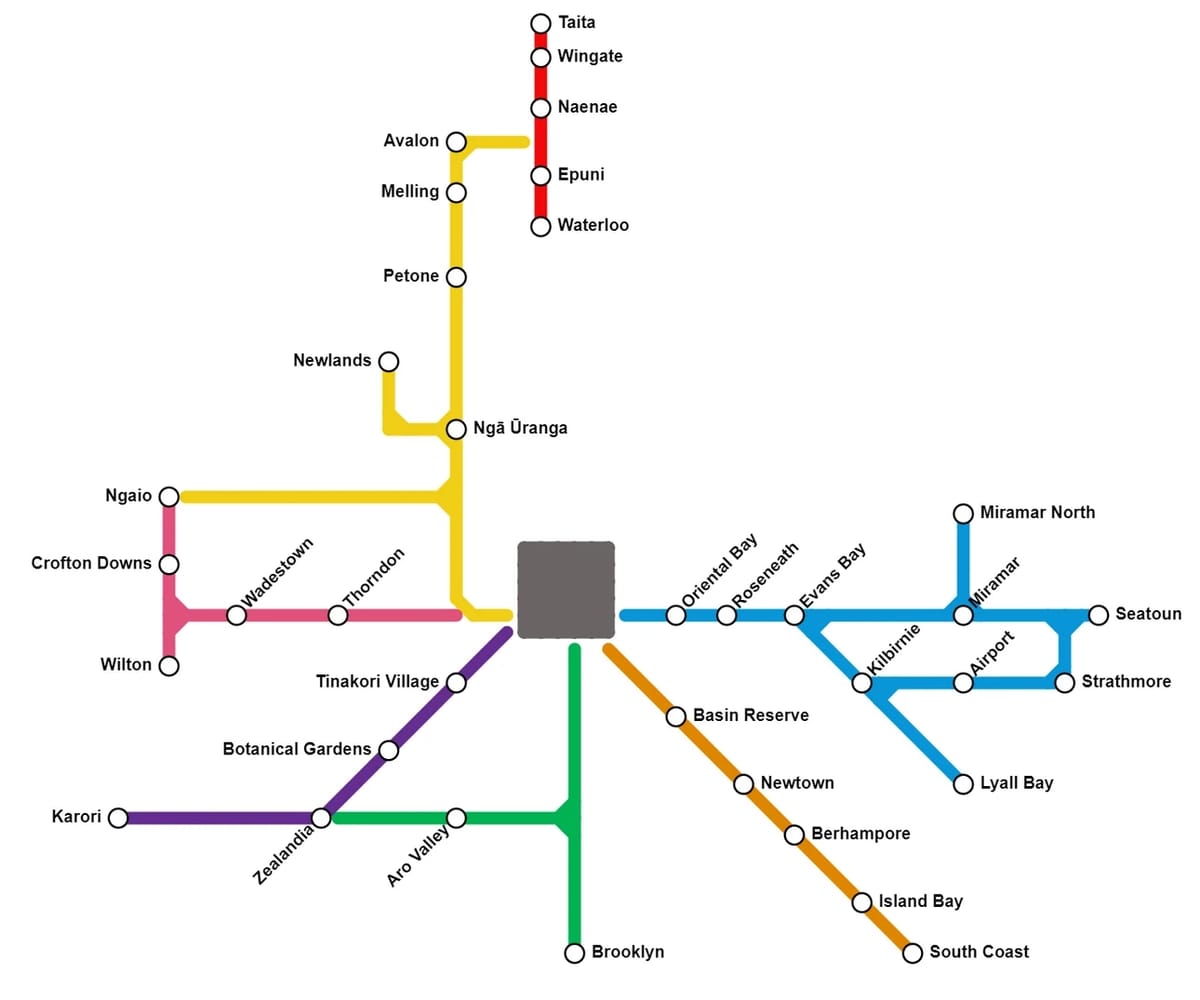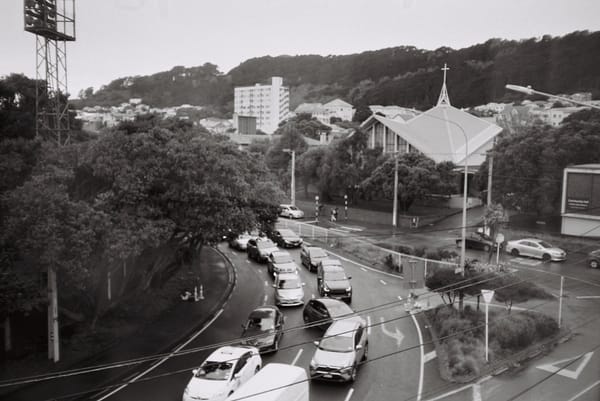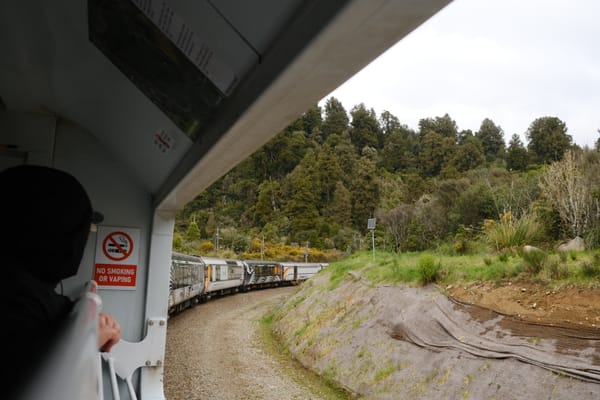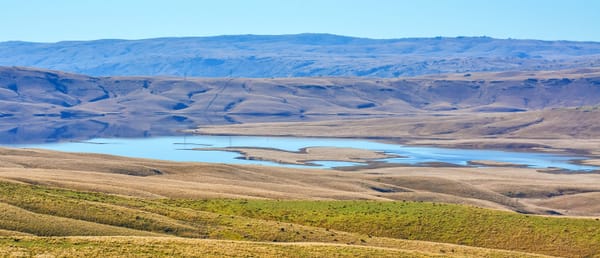It’s amazing what fast government action can achieve.

Joel MacManus, writing for the Spinoff:
The theory behind Wellington’s rapid rollout is that people will adopt cycling in much higher numbers once there is a connected network of protected bike lanes that cover most daily trips. To get there as quickly as possible, Wellington City Council is taking a speed-over-quality strategy using cheap plastic barriers and temporary but changeable designs.
I have a theory of change I’m developing about climate action. I believe that change gets embedded by acting quickly so people get used to it. If a new cycleway or rail network or housing policy is implemented fast, it’s harder to get rid of when another administration gets in.
The alternative is a quick death to ideas when someone else enters power. See things like water reform, agriculture paying for pollution, fair pay agreements, Lake Onslow, and more. They got axed because they were easy to axe. Real things in the real world are far harder to dig up.
Wellington City Council is doing things differently. They’re working fast – and people are changing their habits. 11,617 bikes went through the Basin Reserve in April 2024 – 220% more than April 2023.
By 2030, you will be able to bike from Island Bay to Taita without having to share a lane with a car even once. Right now, I can bike from Oriental Bay to Brooklyn with almost no interactions with cars. That wasn’t possible five years ago.
I have a lot more to say about this, but the lesson is clear. Changing our society to respond to climate change can’t be done with 15 year long plans. It has to be done with action.





